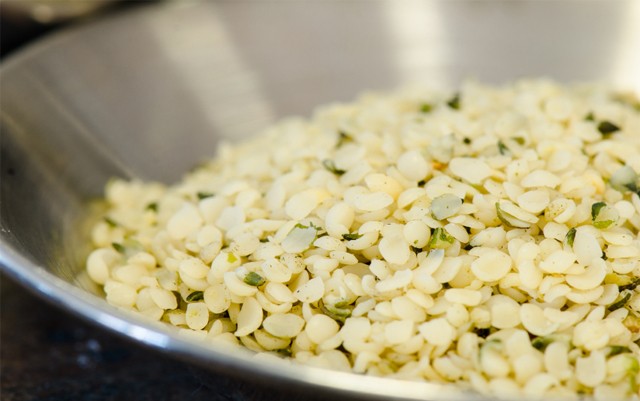Source: marijuanatimes.org

Innovative and exciting new ways of consuming cannabis are popping up all the time, proving that much of the market is gearing itself towards customers that might not be interested in a smoking the traditional joint. One of these new ways of consuming cannabis is with the use of topicals. Due to the non-psychoactive nature of topicals, they are becoming a popular method of regular, every-day cannabis consumption.
Topicals are typically designer skin lotions, lips balms, sprays, and other oils infused with some kind of cannabis for the purpose of treating pain, soreness or inflammation. Most topicals don’t contain much THC, if any. However, even if a topical contains active THC you still won’t be getting “high” from it. There are new products on the market called transdermal patches that might be able to deliver psychoactive effects.
Topicals are perfect for loosening and relaxing sore, achy muscles. Many massage professionals have cannabis topicals for use in legal states. Some users even seem to believe that topicals are good for treating psoriasis, dermatitis, headaches and cramps. Depending on other ingredients and how they’re processed, topicals have varied benefits and drawbacks. Just like with taste and effect of flowers from various cannabis strains, topical cannabis remedies work differently for everyone. Patients suffering from inflammation, for instance, would especially benefit from trying various topicals to find one that works for them and their specific ailment.
As previously stated, most topicals don’t contain very much THC, rather CBD. The CBD present in most topicals is usually derived from hemp. A variety of CBD products in all forms have been flooding the market lately — both by legitimate producers and apparent scam artists. Thusly, lots of people are talking about CBD from hemp lately, from respectable companies to sketchy Amazon sellers and email spammers.
The oil components found in cannabis hemp show up in a few different classes unique to the plant. First you have terpenoids, which are responsible for the smells and the flavors of various cannabis strains. Phytocannabinoids, unique to cannabis, are a class of terpenoids which act as neuroregulators within the body’s neurological system. Everyone’s favorite phytocannabinoids is THC.
Since the recent rise of legal cannabis research, many researchers believe there are many other phytocannabinoids of benefit to be found in cannabis and industrial hemp. CBD regulates CB2 receptors, which work in the peripheral nervous system. CBD can help regulate neural firing in the peripheral nervous system. This means that target problem areas such as the stomach and muscles can be calmed and soothed by CBD at the neurological level.
When companies take industrial hemp grown for fiber and process it, the byproducts are typically extracted of their essential oils and discarded — isolating CBD. Recently, innovative companies have started to extract all of the essential oils while still trying to maintain all of terpenoids, etc., of the plant in order to build a full bodied experience. Of course, they make sure that it’s below the legal limit of THC. This process could prove to have a lot of benefits and positive synergistic effects, many of which we’re probably unaware of at this current time.
No comments:
Post a Comment